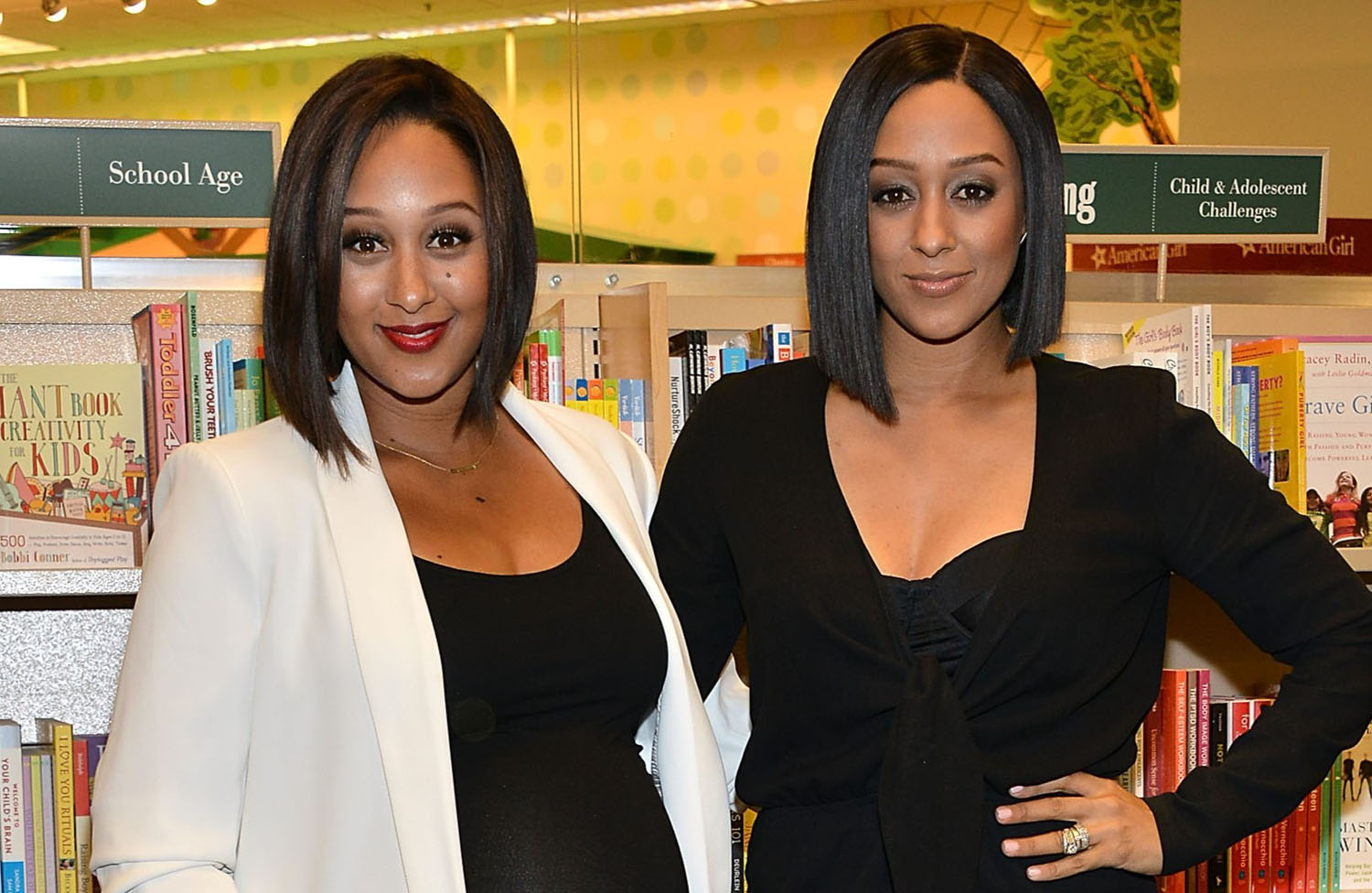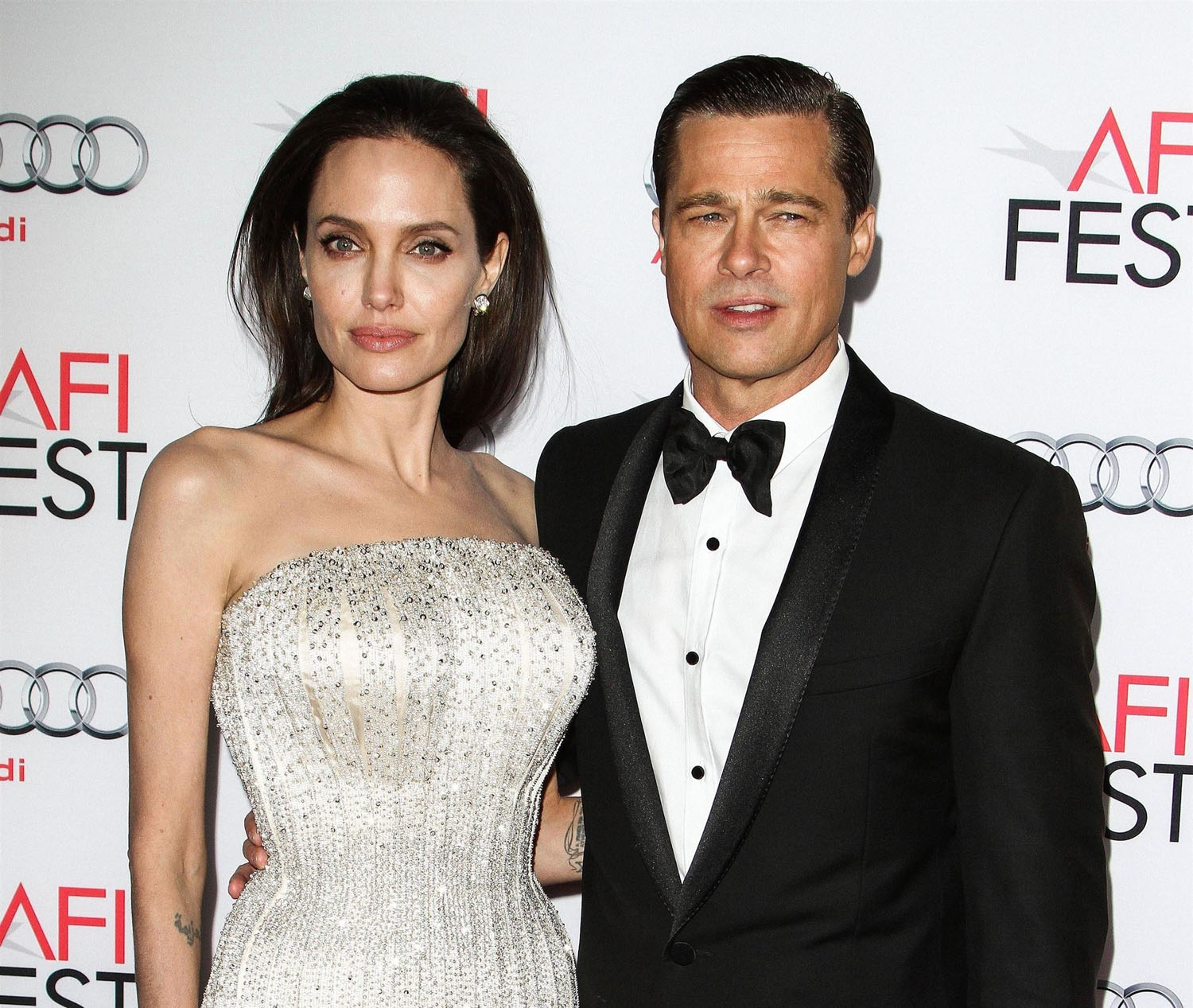Tia and Tamera's separate ways



Yesterday was a big day for Tia and Tamera Mowry.
For Tamera, it was the official release of her memoir, You Should Sit Down For This. And for Tia, it was news of her decision to file for divorce from her husband of 14 years, Cory Hardrict.
Publishing a memoir and/or getting a divorce are pretty common things to happen in your 40s, especially if you’re a celebrity. But for both of these things to be happening to Tia and Tamera, who are twins, at the same time is indicative of the crossroads these sisters sit at with respect to how differently the next few weeks, months, and years will unfold for them. This proverbial fork in the road also illuminates the different ways the public, and in particular, the Black community, has perceived them.
I first came across the Mowry sisters as a young kid who was in love with the show Sister, Sister, the theme song for which I currently have on repeat in my head. After that, it was Twitches, followed by a seemingly long gap and suddenly, Tia had a starring role in a show called The Game, a show I really only watched because she was in it; and following that, Tamera had a role as co-host on The Real.
For as long as I can remember, there’s been this shared, long-standing idea in my circle and those beyond it that Tia was always the more favourable twin. There was a resounding agreement that Tia was the prettier twin, the cooler twin and the one that stayed truer to her Blackness than Tamera did. It came out that Tamera had waited until the age of 29 to lose her virginity. I get that being a 29-year-old virgin probably doesn’t bode well for your cool factor, but there was a level of cruelty that was unleashed on Tamera that seemed to be a bit excessive considering this was a personal choice and had nothing to do with anyone else.
In retrospect, I think it’s safe to say that the dislike for Tamera was about more than her waiting to have sex. A lot of it had to do with the fact that in 2011, she married Adam Housley, a white Fox News correspondent. During her time on The Real throughout the 2010s, a time when more attention was paid to cases of police shooting unarmed Black men, she spoke about him a lot, constantly defending him against trolls. This exhausted everyone, including her fanbase, as this BET article pointed out at the time.
In 2014, Tia and Tamera appeared on Oprah for a special Where Are They Now? episode, following up on the appearance they first made on the show when they were 17. In this clip, she describes being called a “a white man’s whore”, a term that is still widely referred to and used jokingly on social media, despite the obvious trauma it caused her. She also says she’s been told things like, “Back in the day, you used to cost $300. Now you’re giving it away for free.”
While I’ve never dated or married white, I am bi-racial and do identify with some of the struggles Tamera has endured. My mom’s side of the family has English lineage, while my father’s side immigrated to Canada from Guyana, the only English-speaking country in South America, considered to be a part of the Caribbean, despite its geographical location. My mom’s parents were so racist that they didn’t attend her wedding because she was marrying a Black man - and her father insisted that if she went on to have kids with him, they’d come out looking like Dalmatians.
Growing up, I always felt like there was this careful line to toe. It took years to reconcile being my true, authentic self and feeling like I properly represented all aspects of my identity. But in the 2010s when my eyes really opened to how unfairly Black people were viewed and treated in society, I became resentful of my white side and I didn’t know what to do with this. I felt like I wasn’t Black enough. How could I show up to protests and demand equality and justice when I felt like my whiteness was a problem?
My dad raised us on 80s new wave music. He wore cowboy boots and rode a motorcycle. He dabbled in learning different languages. I never viewed him as being “less Black”, I just knew he liked to try different things. By default, I did, too. I grew up in a household where it was safe to listen to whatever I wanted to. But stepping into the outside world and realizing how easily people tie your actual identity to your likes and dislikes, I had to be more strategic.
At times I wonder if that was Tamera’s downfall. Maybe she didn’t have a strategy and Tia did. The productions she was involved in were way more of a fit with the Black community, while Tamera was doing Hallmark movies. Tia’s role on The Game did a lot for her reputation as a Black actress. She constantly did things to cement her identity as Black, while Tamera was busy defending her husband and marriage.
Seeing her get dragged on social media was difficult but validating for me. I loved seeing her just figure it out as she went along. Why should she have a strategy? Why couldn’t she just be herself and navigate the complexities of being mixed-race, being in an interracial relationship, being a celebrity and being content with her identity? Can’t all things be true at once?
Tamera was a case study of the idea that no matter what you do, people will still misconstrue what you say and levy these attacks against you. Like this tweet that deliberately included a photo of Tia and Tamera Mowry when citing the finding that if a biracial couple has twins the children could come out as different races. We know they’re the same race, we know this was a dig, yet it garnered 25,000 retweets and more than 270,000 likes.
I suppose another part of Tia’s saving grace was that she married Black. In the early days of her marriage to Cory, people were thrilled that at least one of the sisters had found a Black man, often including the couple on lists of successful Black love. Many people suggested that their marriage was “goals”, praising the two for how happy they appeared on social media, despite several clips emerging after the news of their divorce with Cory looking incredibly miserable.
Tia and Tamera may have had the same trajectory in that they were born together as twins and they started their celebrity journey together early. But that doesn’t mean they’re going to grow up and become the same person. Tia gravitated more toward the projects and people that she did, while Tamera did exactly the same in her life, just in a different way, and in a way that didn’t sit well with some. And why does it have to?
They both became mothers, and from the outside, appear to be good, present parents. One is getting a divorce, the other is staying married for now. This is what life is: a rollercoaster of experiences that range from being good to bad, funny to painful and you just have to hope that it’s all worth it in the end. I’m just so glad for the both of them that they have each other to lean on through all of it.
